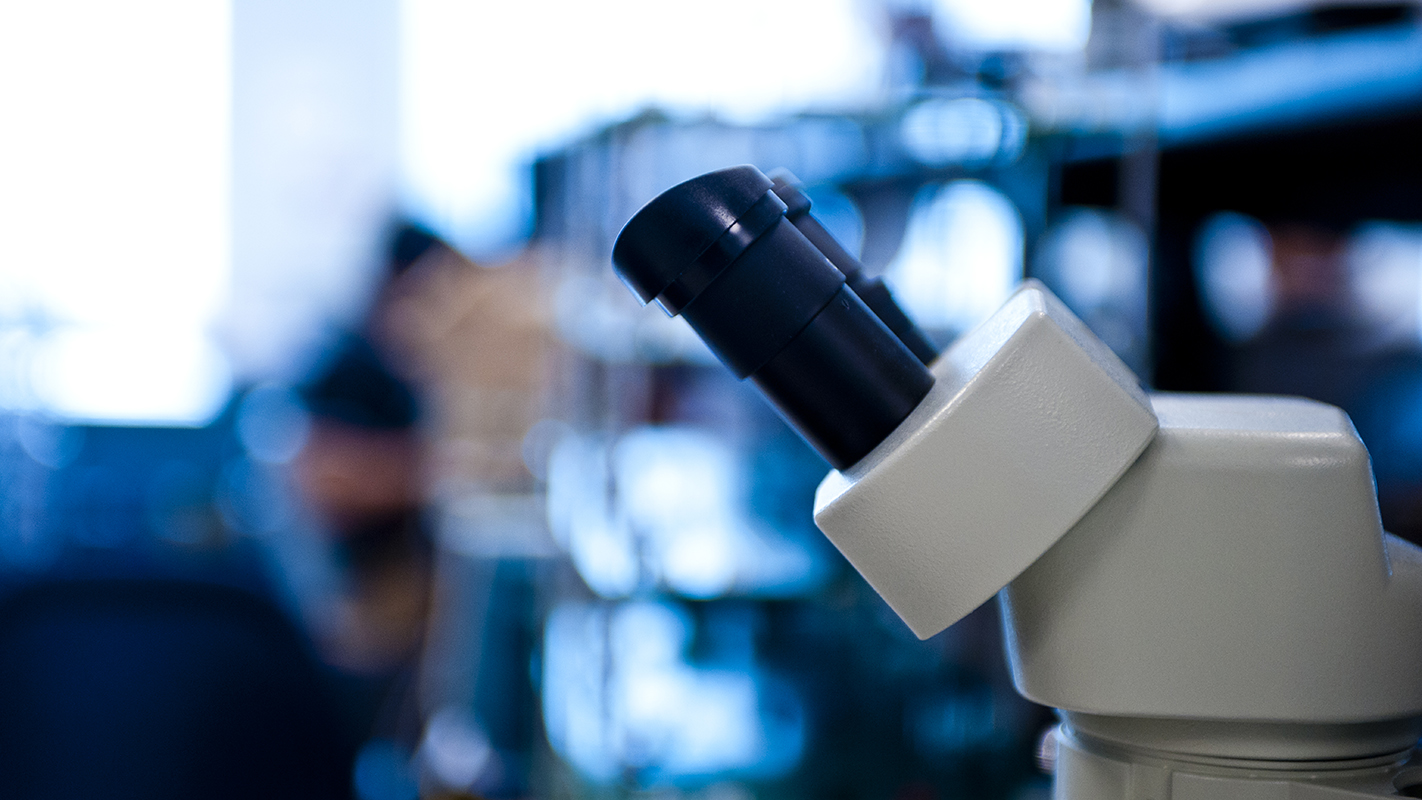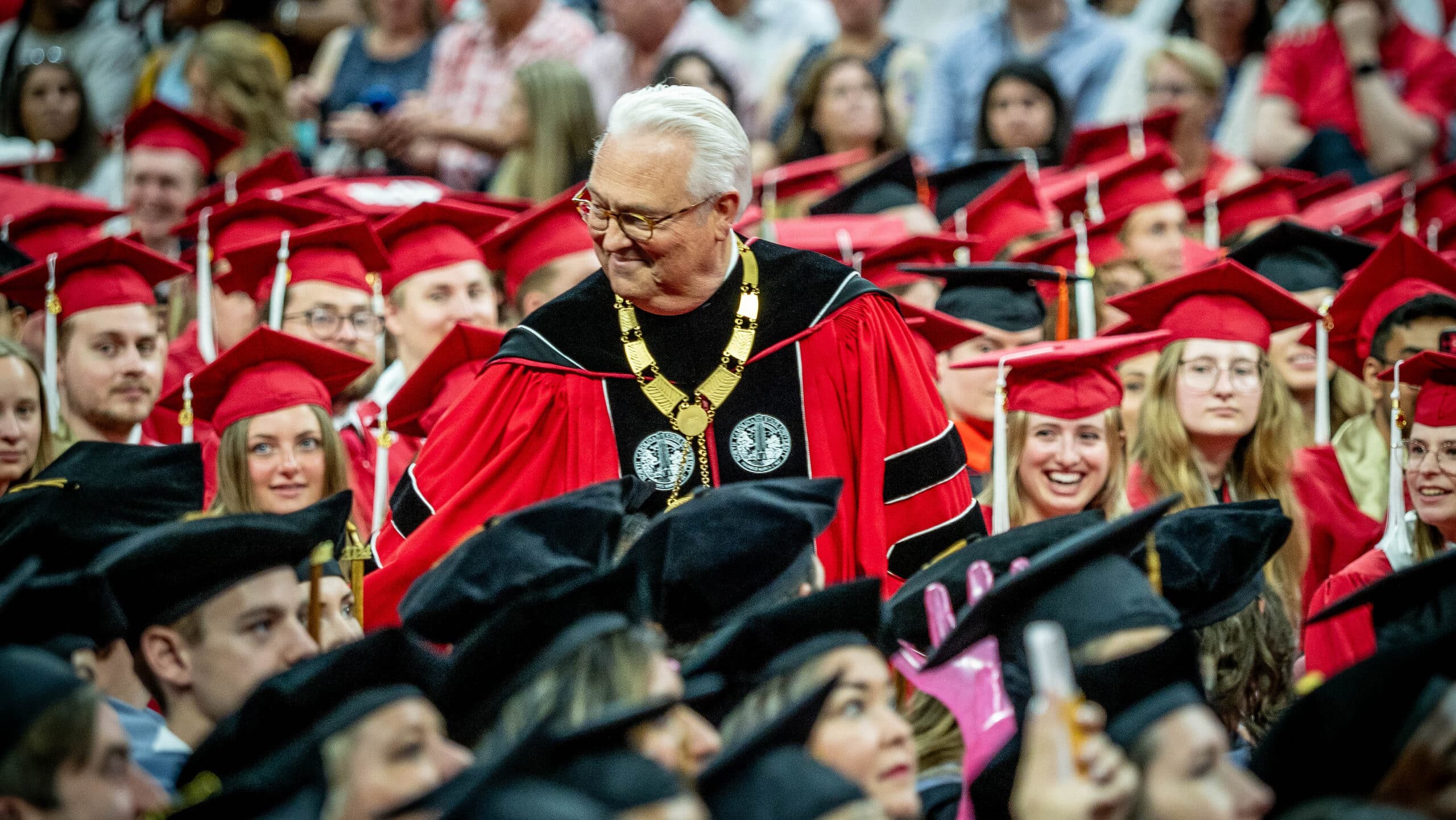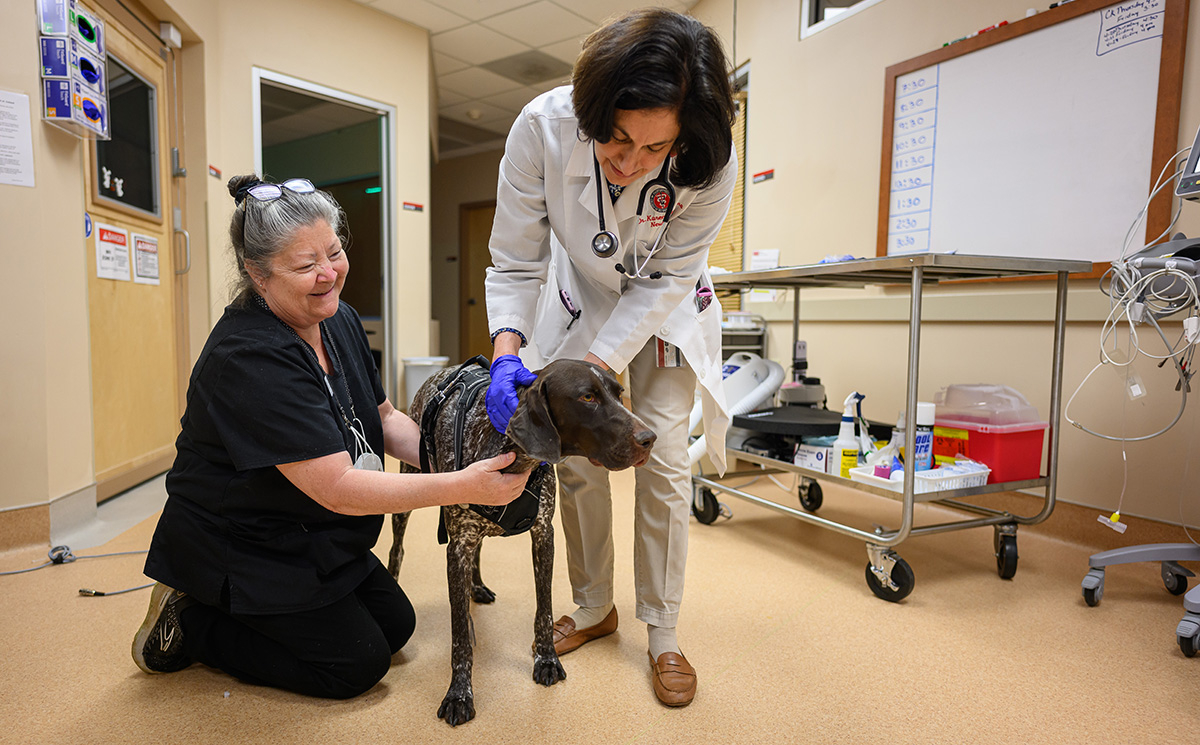With research activity at record levels, NC State’s research office is launching a new tool to enable faculty members to recommend the purchase of specialized equipment. The new Web-based system, called the Recommendation of Instrumentation + Equipment System (RIES, pronounced like “pies”), will help university leaders identify equipment to enhance research opportunities in key areas.
“In many disciplines instrumentation is absolutely essential to discovery, so we’ve developed RIES to help improve our research infrastructure,” says Liana Fryer, director of planning and strategy for the Office of Research, Innovation and Economic Development.
How It Works
 A faculty member who wants the university to purchase a piece of large-scale equipment can initiate a recommendation for the purchase by logging in to the RIES site at research.ncsu.edu/ries and clicking “Start New Recommendation.”
A faculty member who wants the university to purchase a piece of large-scale equipment can initiate a recommendation for the purchase by logging in to the RIES site at research.ncsu.edu/ries and clicking “Start New Recommendation.”
The user is then directed to a form asking questions about the equipment, such as name, make and model, function and keywords. The user can add collaborators who are allowed to edit the recommendation. When the recommendation is ready, the user submits it to the system, where it is available for other faculty members to review.
All researchers can review finalized recommendations in the RIES system, and each researcher can endorse a maximum of three recommendations per fiscal year. An endorsement indicates that the researcher believes that they or their students would use the equipment and that it would be a valuable addition to the university’s research equipment portfolio.
Recommendations and endorsements will be accepted year round, but to be considered for this fiscal year a recommendation must be submitted by Nov. 14.
On Nov. 20 the executive officers, associate deans for research and leaders of faculty clusters will begin prioritizing this year’s batch of recommendations, with input from directors of centers, institutes and service centers as needed.
Once a prioritized list of recommendations is developed, the provost, vice chancellor for business and finance, and vice chancellor for research, innovation and economic development will determine which equipment will be purchased.
“In a tough funding climate like ours, it can be easy to slip into a mindset of being passive and waiting for things to get better,” Fryer says. “But we want to be drivers of our future.”
Driving Research Momentum
NC State begins the new fiscal year with the strongest research program the university has ever had. In the coming year work will continue on the $60 million Laboratory for Analytical Sciences and on two other federally funded research initiatives: the $140 million PowerAmerica advanced manufacturing institute and the $25 million Consortium for Nonproliferation Enabling Capabilities.
The university also recently signed an agreement with UNC-Chapel Hill to share research facilities.
ORIED developed RIES in partnership with Information Technology and Engineering Computing Services. The system is a direct outgrowth of NC State’s 2010 strategic plan, which calls for improvements in processes that support the research enterprise.
- Categories:



